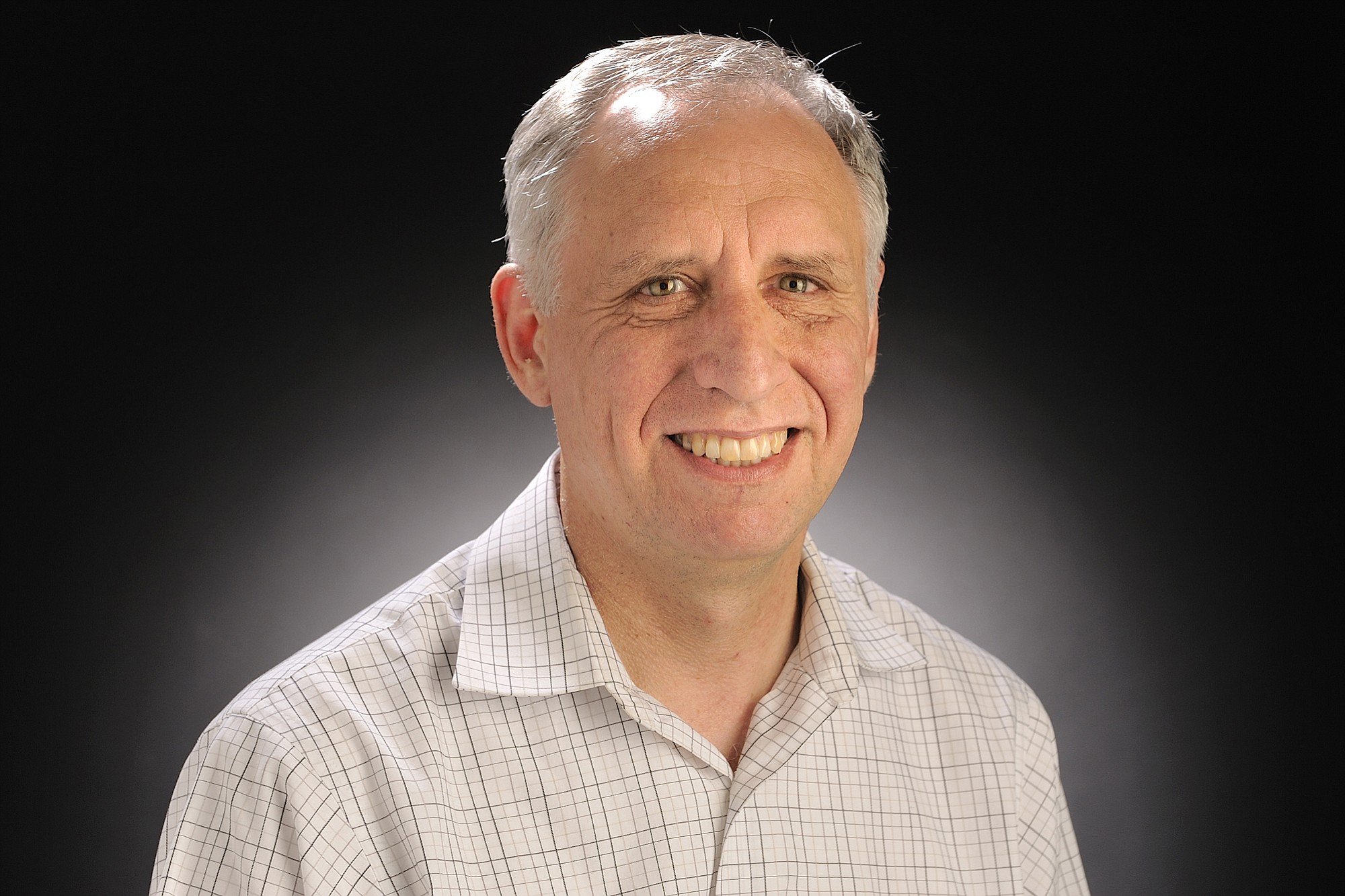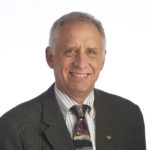At times, we need to let humanity break through the barrage of information, advertising saturation, and superficial interactions that are a product of digital technology that is reshaping our world in ways we can’t yet begin to understand.
That’s what New York digital technology thinker Douglas Rushkoff suggested Thursday evening at the end of his packed presentation Thursday evening at the Vancouver library. Rushkoff’s book “Program or Be Programmed” was the focal point of a communitywide discussion this winter called #nextchapter. He’d been asked what those of us in Vancouver can do to adapt to the vast social and economic changes he discusses.
Rushkoff’s answer: Look out the window. Try not to look at electronic devices after the sun goes down, because they mess with your brain chemistry. Know what phase of the moon you’re in, because it affects your mood and creativity. Respond to email in your own time, not whenever it arrives. Look into people’s eyes and establish personal rapport. Set boundaries on phone and text message interruptions.
Those were simple yet reassuring tips from a man who captivated his audience with his unique, thought-provoking analysis of our uncomfortable interaction with the market forces of the digital age. Rushkoff urged people to try to unravel the mystery that surrounds the technology — a mystery he says is deliberately created by those who don’t want us to understand just how much we reveal about ourselves to Google, Microsoft, and Facebook so they can sell our “social graph” to advertisers and marketers.
We think we’re Facebook’s customers, but in fact “we’re Facebook’s product and its labor force,” he said.
And, he said, search engines such as Google market our lives to the highest bidder, making us ever more precise targets for marketers. “Everyone now has their own search engine,” Rushkoff said. “There’s a silo forming around you.”
One solution to becoming simply an object of marketers’ desire, in Rushkoff’s view, is to remove some of the technology’s sense of magic. Students should be taught the basics of computer programming so they know how information about them is gathered and used. Without such knowledge, he said, we unwittingly become like the central character in the movie “Driving Miss Daisy” — passengers not in control of the vehicle that carries us.
Rushkoff delivered his message through textured stories that exceed the attention-shortened limits of linear-thought tweets and text messages. It was a refreshing reminder of the power of conversation when too often our eyes and ears are always headed to that magic box we carry around.
His worries about digital technology were offset by his sense of its power for positive change. Rushkoff spoke of an evolving economy that rewards local creativity in producing goods and services that satisfy basic needs of food, shelter and housing, coupled with a global economy for more advanced consumer products. The development of what’s called 3-D printing, which will allow small-scale manufacturing of many products now produced in factories, will again revolutionize local and global economies, he said.
As the change unfolds, “I think it should be totally fun to watch it work.”
Rushkoff’s presentation can be viewed by Clark County Comcast subscribers at www.CVTV.org or online at http://bit.ly/15sHRQ2.




